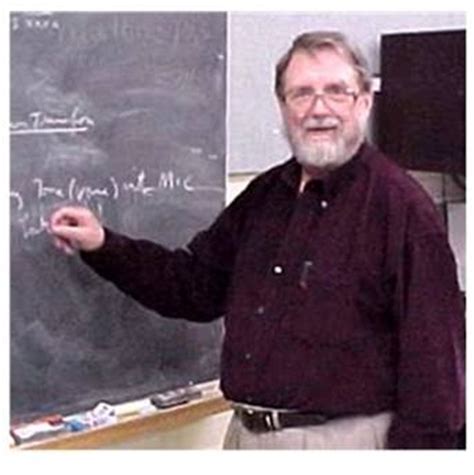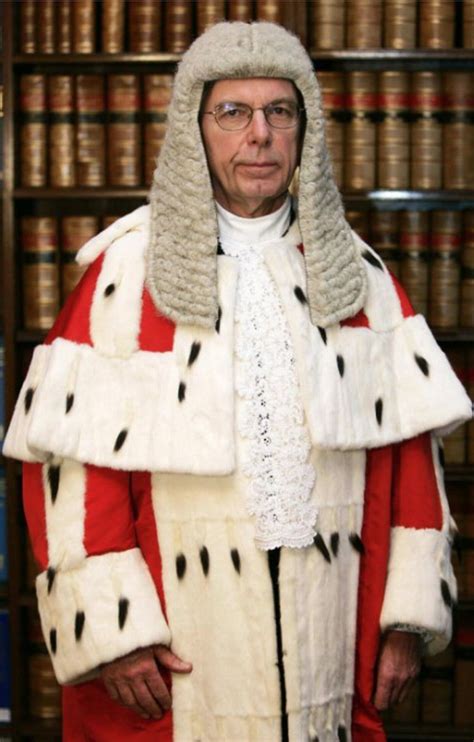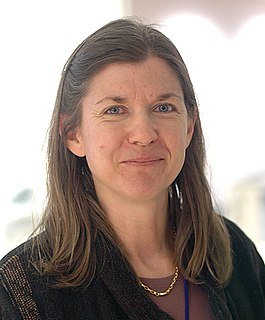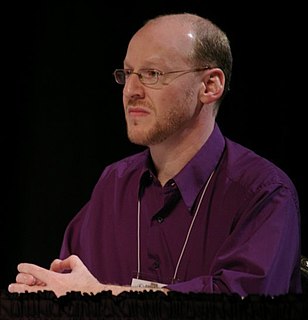A Quote by David Douglass
Indeed, scientific truth by consensus has had a uniformly bad history.
Quote Topics
Related Quotes
Historically, the claim of consensus has been the first refuge of scoundrels; it is a way to avoid debate by claiming that the matter is already settled. Whenever you hear the consensus of scientists agrees on something or other, reach for your wallet, because you're being had. The greatest scientists in history are great precisely because they broke with the consensus.
Although I know of no reference to Christ ever commenting on scientific work, I do know that He said, "Ye shall know the truth, and the truth shall make you free." Thus I am certain that, were He among us today, Christ would encourage scientific research as modern man's most noble striving to comprehend and admire His Father's handiwork. The universe as revealed through scientific inquiry is the living witness that God has indeed been at work.
The work of science has nothing whatever to do with consensus. Consensus is the business of politics. Science, on the contrary, requires only one investigator who happens to be right, which means that he or she has results that are verifiable by reference to the real world. In science consensus is irrelevant. What is relevant is reproducible results. The greatest scientists in history are great precisely because they broke with the consensus.
From my experience let me say this: in today's world it is no bad thing for a politician to have had the benefit of a scientific background. And not only politicians. Those who work in industry, in commerce, in investment. Indeed, so important has it become that I believe we are right to make science a compulsory subject for all schoolchildren.
The modern susceptibility to conformity and obedience to authority indicates that the truth endorsed by authority is likely to be accepted as such by a majority of people, who are innately obedient to authority. This obedience-truth will then become a consensus-truth accepted by many individuals unable to stand alone against the majority. In this way, the truth promulgated by the propaganda system - however irrational - stands a good chance of becoming the consensus, and may come to seem self-evident common sense.
Truth indeed is sacred; but, as Pilate said, "What is truth?" Show us the undoubted infallible criterion of absolute truth, and we will hold it as a sacred inviolable thing. But in the absence of that infallible criterion, we have all an equal right to grope about in our search of it, and no body and no school nor clique must be allowed to set up a standard of orthodoxy which shall bar the freedom of scientific inquiry.
Two thousand scientists, in a hundred countries, engaged in the most elaborate, well organized scientific collaboration in the history of humankind, have produced long-since a consensus that we will face a string of terrible catastrophes unless we act to prepare ourselves and deal with the underlying causes of global warming.

































